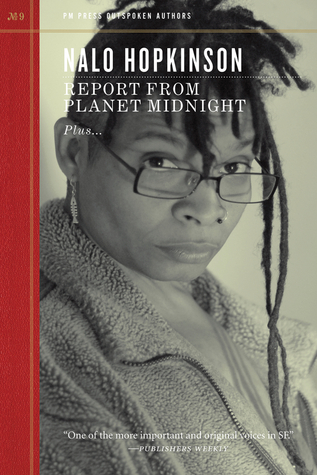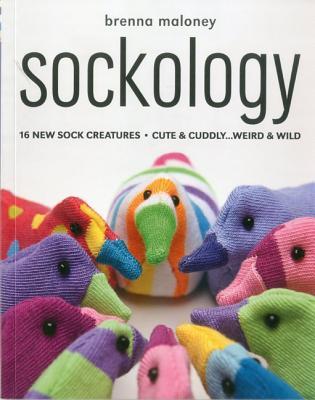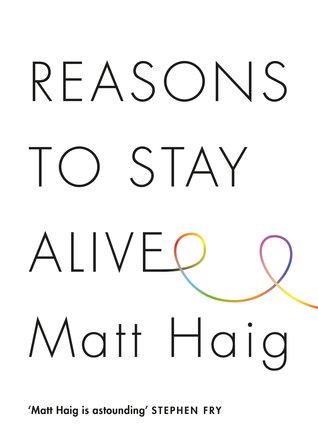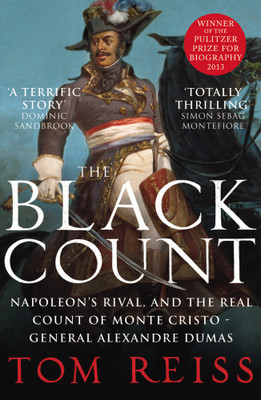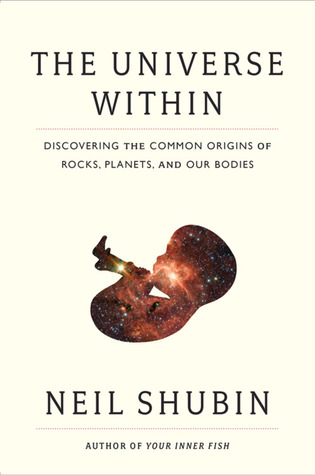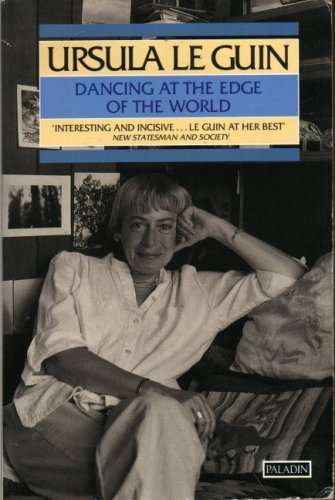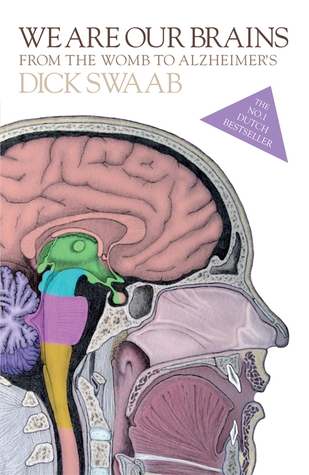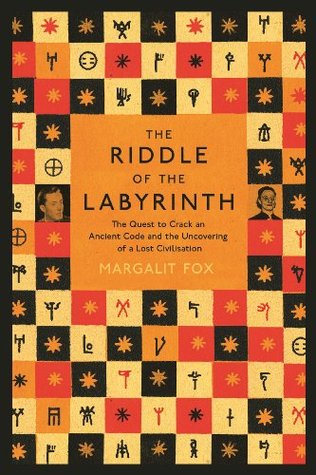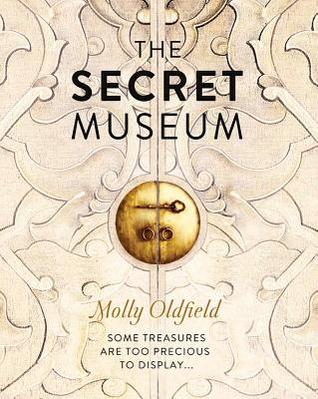 The Secret Museum, Molly Oldfield
The Secret Museum, Molly Oldfield
This book looks like it’d make a great coffee table book, and in a way it is part of that genre of bite-size, digestible bits of culture. But it’s lacking in the lavish pictures I’d expect from such a thing: many of the items are represented by photographs the size of a postage stamp, or just sketches. The book itself looks nice, but it’s not the most visually orientated; I assume that’s because many of these objects are too precious to photograph. With some of them, I wasn’t sure she should even be describing their locations so clearly!
It’s an eclectic collection of objects, in no real order. I can imagine that being very frustrating to anyone a little more serious about this than I am; I did enjoy browsing through the selection, though, dipping in and out as each object interested me more or less. I liked that these precious objects aren’t all of monetary value, often being more valuable as a link to the past or a symbol of an era.
It’s interesting in its randomness, rather like watching an episode of QI, which Molly Oldfield writes for. Probably frustrating, too, if that’s not your thing.
Rating: 3/5

